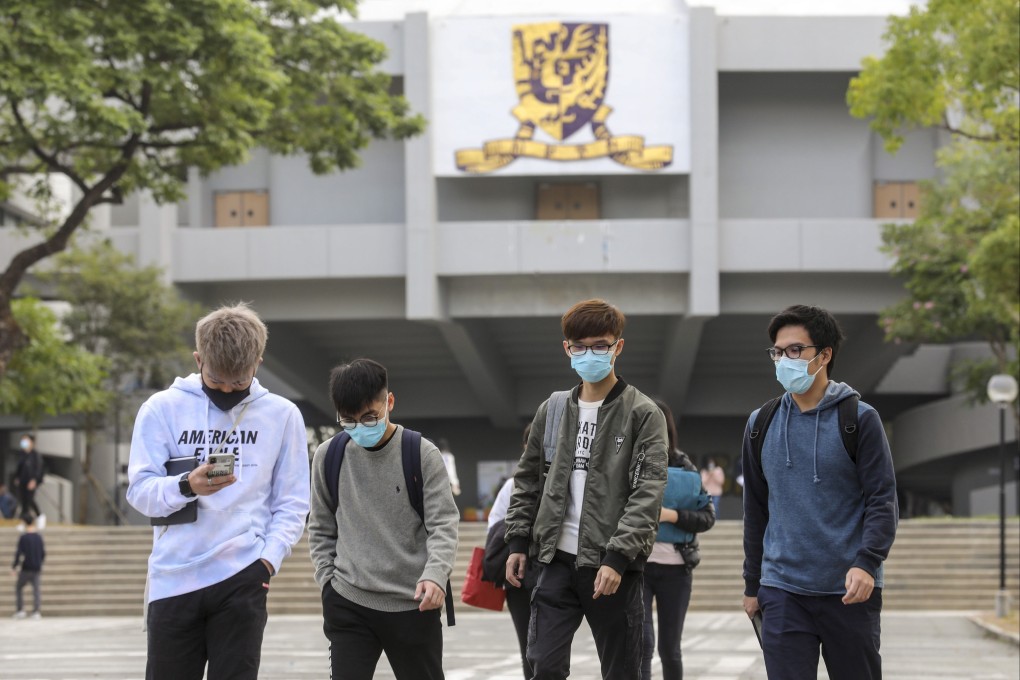Advertisement
Letters | Hong Kong’s doxxing law is in place, but do residents understand it?
- Survey of 500 university students found that only a third were aware of the law and suggests that even for an educated audience, the meaning of doxxing has been poorly communicated
Reading Time:2 minutes
Why you can trust SCMP

Feel strongly about this letter, or any other aspects of the news? Share your views by emailing us your Letter to the Editor at [email protected] or filling in this Google form. Submissions should not exceed 400 words, and must include your full name and address, plus a phone number for verification.
Hong Kong’s anti-doxxing bill came into effect in October last year and the first arrest was made in December. But do Hongkongers know what doxxing really means? How aware are they of the bill and what it entails?
Doxxing is commonly understood as the seeking and publishing of personal data without consent, often with the aim of publicly shaming the targets for their alleged wrongdoing. The word “doxx” or “dox” originates from “docs”, short for “documents”. In Hong Kong, doxxing has existed since before social media.
Advertisement
It has, however, attracted increasing media coverage since the 2019 social movement when the personal data of police officers, protesters, journalists and their families was published, unauthorised, on various online platforms.
Despite its potential to cause psychological and physical harm, doxxing has been used in the name of social justice and morality. In mainland China, the “human flesh search engine” – internet users collectively gathering targets’ personal information – has helped to expose illegal acts and bring down corrupt officials.
Advertisement
My ongoing project, Doxxing in Hong Kong: A Discourse-Analytic Perspective, supported by the Public Policy Research Funding Scheme, aims to discover Hong Kong university students’ perceptions of doxxing.
Advertisement
Select Voice
Choose your listening speed
Get through articles 2x faster
1.25x
250 WPM
Slow
Average
Fast
1.25x